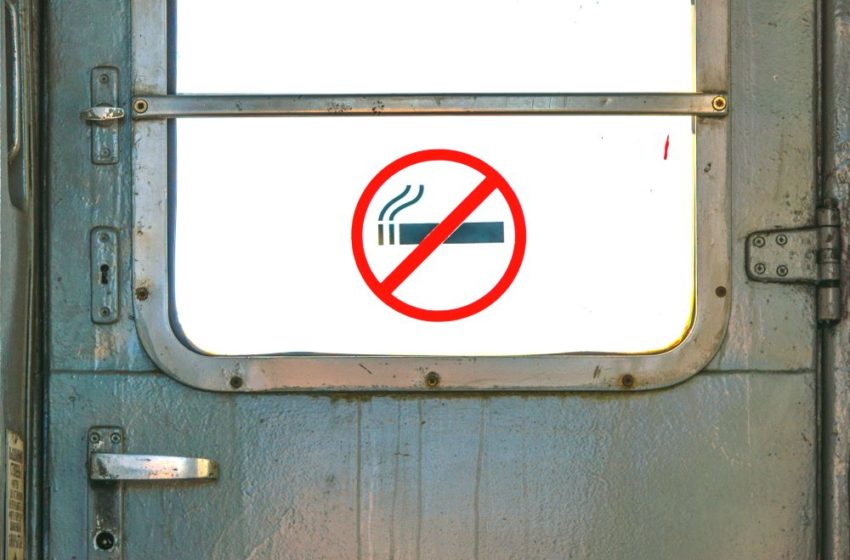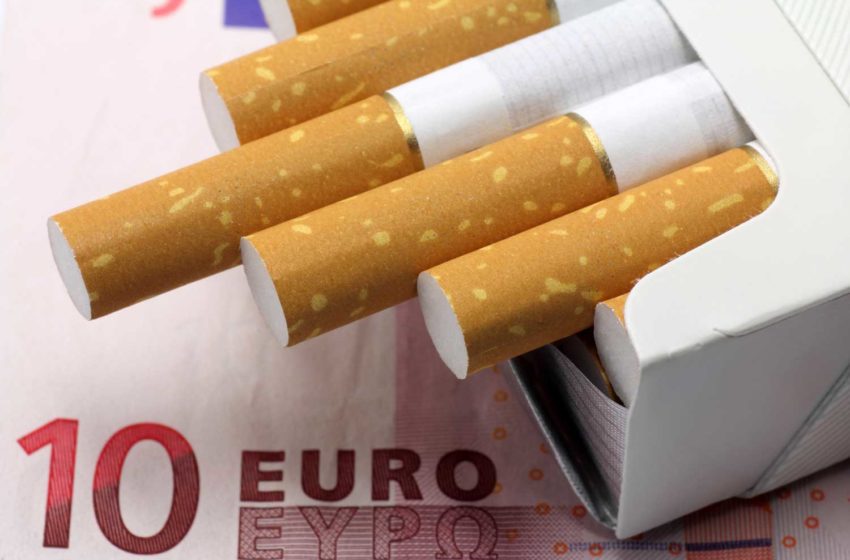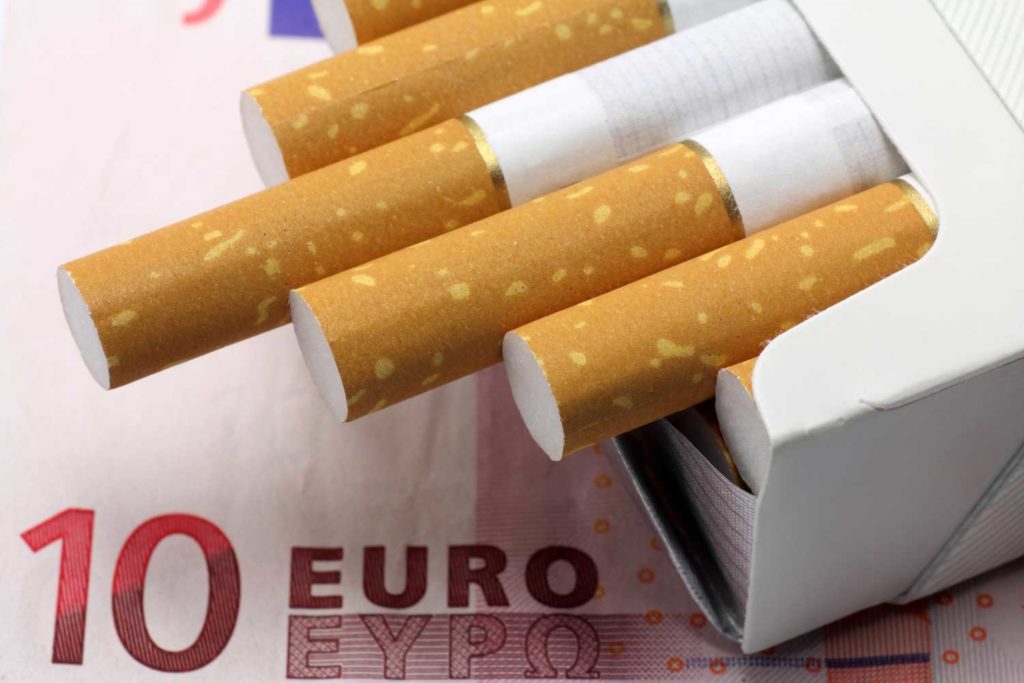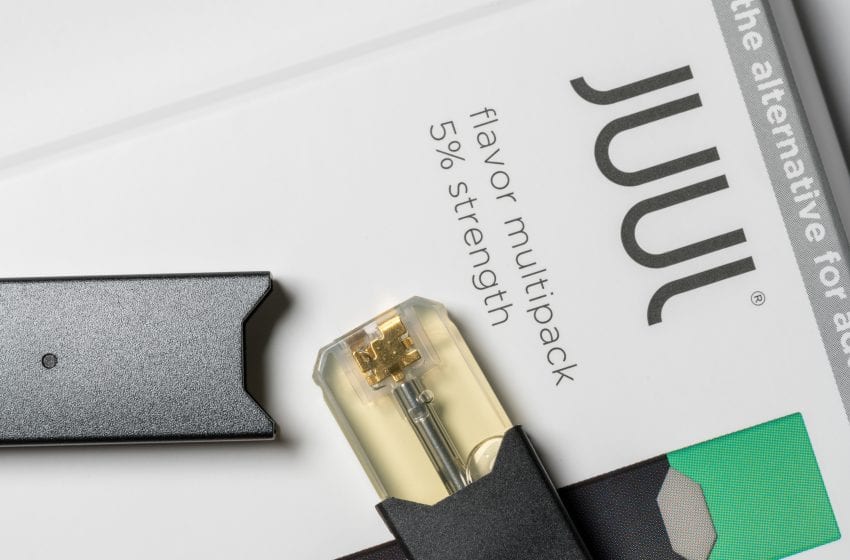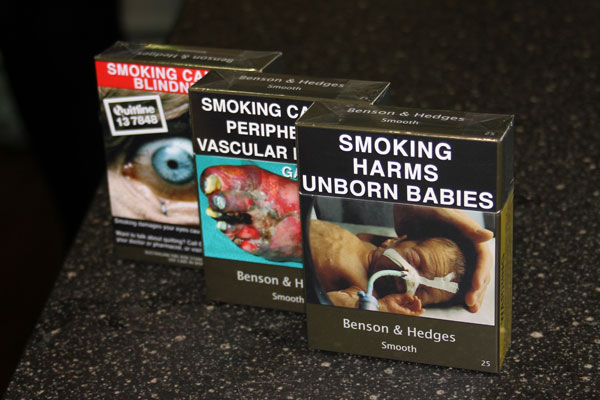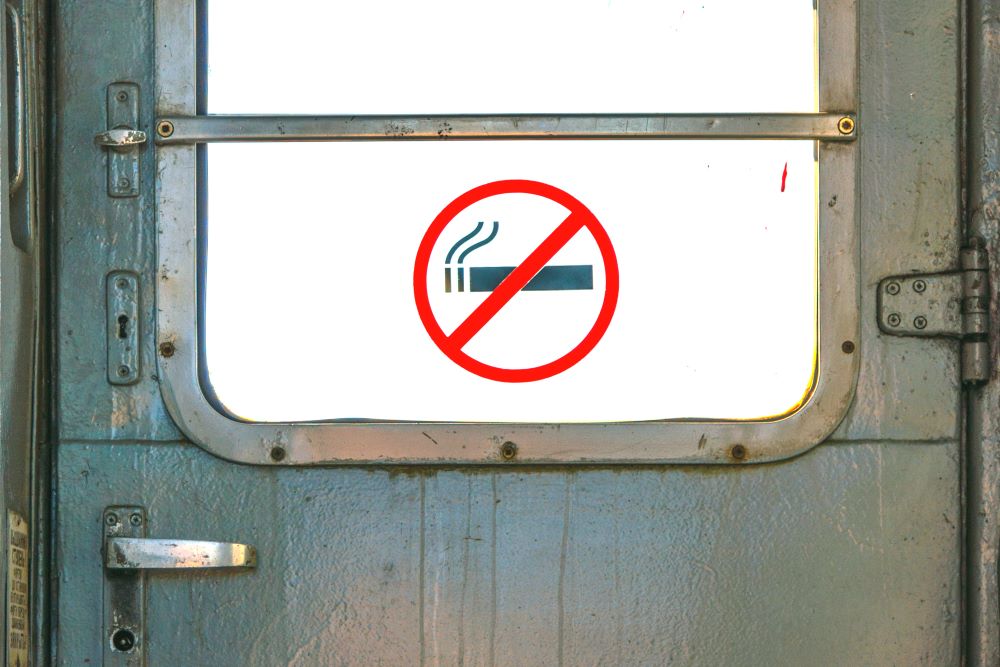
Belgium has banned smoking and vaping at train stations, both indoor and outdoor, effective Jan. 1, 2023, according to The Brussels Times.
The ban will apply to all 550 stations in Belgium, and those caught in violation will be fined. Ashtrays will be removed from platforms, and prohibition signs at visible places will indicate the ban.
“Our children have the right to grow up in good health, including without exposure to tobacco. As children see fewer and fewer people smoking, the absence of tobacco is becoming the new norm for them,” said Marc Michils, Generation Smoke-Free spokesperson. “Generation Smoke-Free welcomes this measure that brings us closer to the first generation without tobacco.”
“There are 14,000 victims of tobacco every year in Belgium—that should spur us into action,” said Federal Mobility Minister Georges Gilkinet. The ban will “ensure healthier air on the platforms and, above all, reduce the pressure for young people who have quit or want to quit smoking.”

